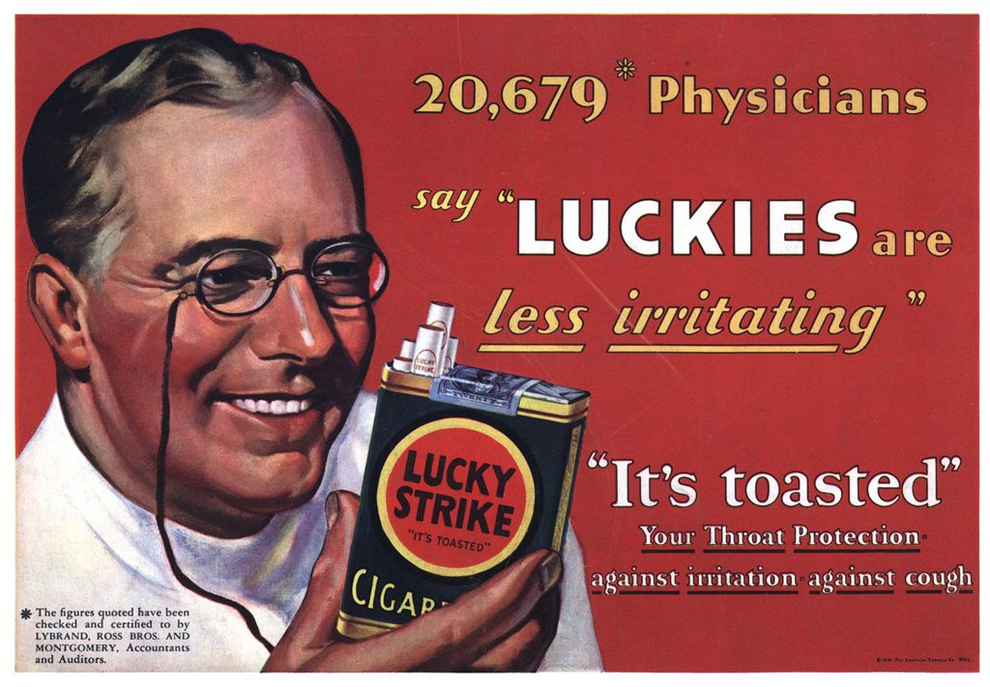Your cart is currently empty!

Digital Marketing and Trusted Advisers
Shopping with a trusted adviser is nothing new. Consumers have always asked their friends and family for advice on purchases. Sales associates served in the position of trusted adviser long before doctors did. For more than a century, shoppers have also taken advice from celebrities. Now, the choices for trusted advisers have increased exponentially. Consumers trust their favorite blogger, YouTube beauty guru, or Facebook friend — and those positive feelings spill over and create positive feelings toward the brands those trusted advisers recommend.
What are the implications of these changes for brands?
- Brands have less control over the trusted adviser than they used to. Brands that chose Teddy Roosevelt or Lillie Langtry to represent their products knew exactly what emotions they stirred in consumers. Brands that pay for celebrity endorsements usually have a fair amount of control over the celebrity’s behavior, too, if only because they can withdraw the lucrative sponsorship if the celebrity gets out of line. They had plenty of control over sales associates, too, what with paychecks and commissions being involved. Brands have very little control over bloggers and no control over social media friends.
- Brand-controlled advisers are less trusted now. Salespeople are trusted less and considered less knowledgeable than customer reviews. While part of that may be the result of retailers’ cost-cutting moves away from great customer service, it’s also the result of the sheer quantity of information available. If the only person who really knows about a product is the salesperson, it’s easier to trust him. Now, with empowered consumers doing their own research with multiple sources before they buy, there’s less need for reliance on experts.
- The trusted adviser network is more visible and brands have more access to it. You couldn’t do much to persuade your shopper’s Aunt Sadie to recommend your product. Even if you could, you can’t readily identify the millions of Aunt Sadies or their connections with your shopper. But you can identify the bloggers your target audience members relate to, and you can connect with them. You can identify your influential fans and reach out to them.
Here are some tips to make the best use of the trusted adviser relationship:
- Top choice: become a trusted adviser yourself. This means providing useful information at your website, in your social media, and on your packaging, rather than sales pitches. Establish the trusted adviser relationship by providing real value to your customers, and they’ll forgive you the occasional sales pitch.
- Reach out to trusted advisers. Get strong reviews for your brand from people who are already established as experts in the field. This can be a lengthy and time-consuming process, but it’s worth the effort. Think twice about paying for reviews; consumers don’t trust purchased reviews as much as earned ones.
- Connect with fans. People who spontaneously share their love of your product are worth your attention. Thank them. Send them swag. Invite them to tour your facility. Since they already love your product, providing them with the information and perhaps the platform that will help them be perceived as an expert can pay off for your brand.
More on how to activate trusted advisers for your brand:
- Responding to Your Facebook Fans
- Think Like a Rock Star
- Why Do Consumers Write Reviews?
- Native Ads or Tricky Ads?
- Finding Bloggers for Your Company
by
Tags:

Leave a Reply